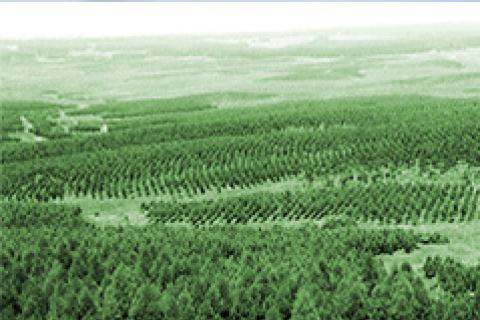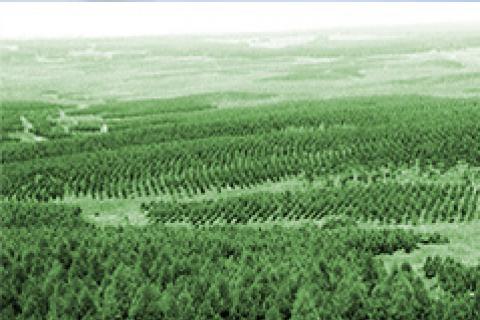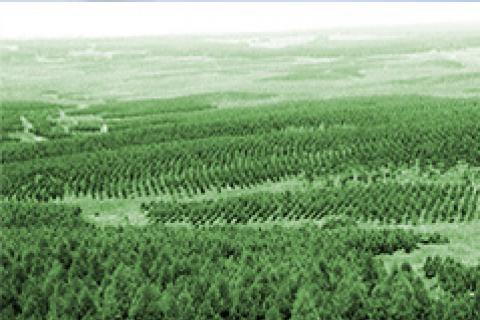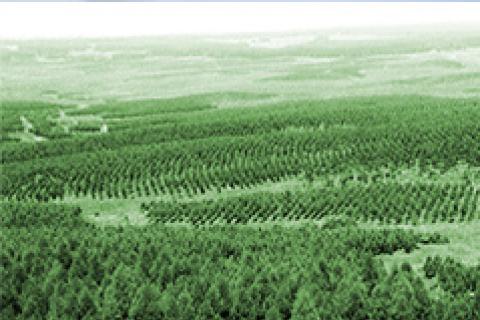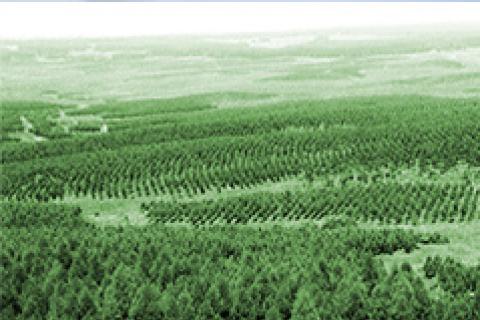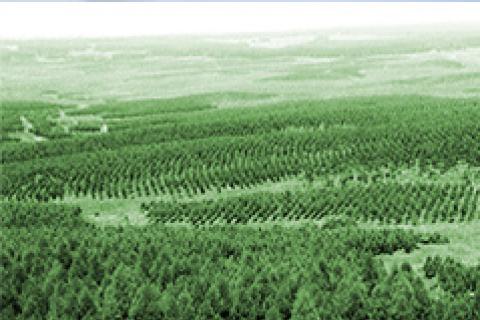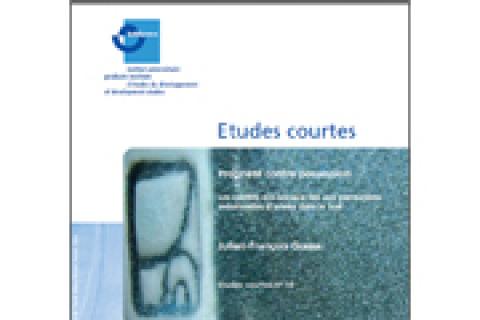We the undersigned wish to register our concern over the certification of tree plantations in our country by the FSC, which has granted a green label to monoculture plantations that have proven to be socially and environmentally destructive.
We are aware that the FSC is carrying out a review of its plantation certification policy, and it is our hope that the result of this process will be an end to the certification of these types of plantations by the FSC in the future.
Other information
In Galicia, we have been suffering for many years the consequences of the dreadful influence of the company ENCE in our natural environment and in our economy.
We the undersigned wish to register our concern over the certification of tree plantations in our country by the FSC, which has granted a green label to monoculture plantations that have proven to be socially and environmentally destructive.
We are aware that the FSC is carrying out a review of its plantation certification policy, and it is our hope that the result of this process will be an end to the certification of these types of plantations by the FSC in the future.
We the undersigned wish to express our concern over the certification of tree plantations in our country by the FSC, which has granted a green label to monoculture plantations that have proven to be socially and environmentally destructive.
We are aware that the FSC is carrying out a review of its plantation certification policy, and it is our hope that the result of this process will be an end to the certification of these types of plantations by the FSC in the future.
We the undersigned wish to register our concern over the certification of tree plantations in our country by the FSC, which has granted a green label to monoculture plantations that have proven to be socially and environmentally destructive.
We are aware that the FSC is carrying out a review of its plantation certification policy, and it is our hope that the result of this process will be an end to the certification of these types of plantations by the FSC in the future.
We, the undersigned, wish to express our concern about the certification of plantations in our country by the FSC, which is granting green labels to monocultures that have proved to be socially and environmentally destructive.
We are aware that the FSC is conducting a review of its policy for the certification of plantations and it is our hope that the result of this process will be an end to the certification by the FSC of this kind of plantations.
Only available in French - By Julien-François Gerber.
The case of Veracel Celulose is useful – as are so many others – in revealing the falseness of business discourse on “sustainability.” Veracel is a modern company, owned in equal parts by the Swedish-Finnish Stora Enso and the Norwegian-Brazilian Aracruz Celulose. Veracel is the owner of 164.000 hectares of land, 78,000 of which have been planted with eucalyptus trees in the State of Bahia, where last year its gigantic pulp mill started operating, with an annual production of 900,000 tons of pulp for export.
The coastal village of Mehuin is located in the Northeastern zone of the Province of Valdivia, on the borders of the ninth and tenth regions of Chile. It is a small bay, fed by the river Lingue, and surrounded by the mountains of the coastal cordillera. It has a population of approximately 1,700 people, but co-inhabits with 13 communities comprising some 3,000 Mapuche-Lafkenche indigenous peoples who come down to the village to sell their products and to get supplies. Some very well defined sectors also exist in Mehuin, with their own cultural characteristics.
The Ñielol hill located near the city of Temuco in Chile’s Ninth Region, is a faithful witness to the numerous lies circulating both in this region and in many others in the country as well as in other countries, regarding forests and plantations.
The Finnish company Oy Metsä-Botnia Ab (Botnia’s trade name) established in 1973, is the second largest pulp producer in Europe. It has four subsidiary companies, two of which are located in Uruguay: Compañia Forestal Oriental S.A. (FOSA), that has eucalyptus plantations; and Botnia S.A. established in 2003 to implement the project to install a pulp mill producing one million tons per year.
Extensive cultivation of oil palm and the resulting oil extraction have always been linked to repression. Plantation cultivation was originally established by colonial regimes. The rapid expansion of plantations in Asia following the Second World War was encouraged in connection with forest clearing and was used as a weapon in combating Malay rebels.
